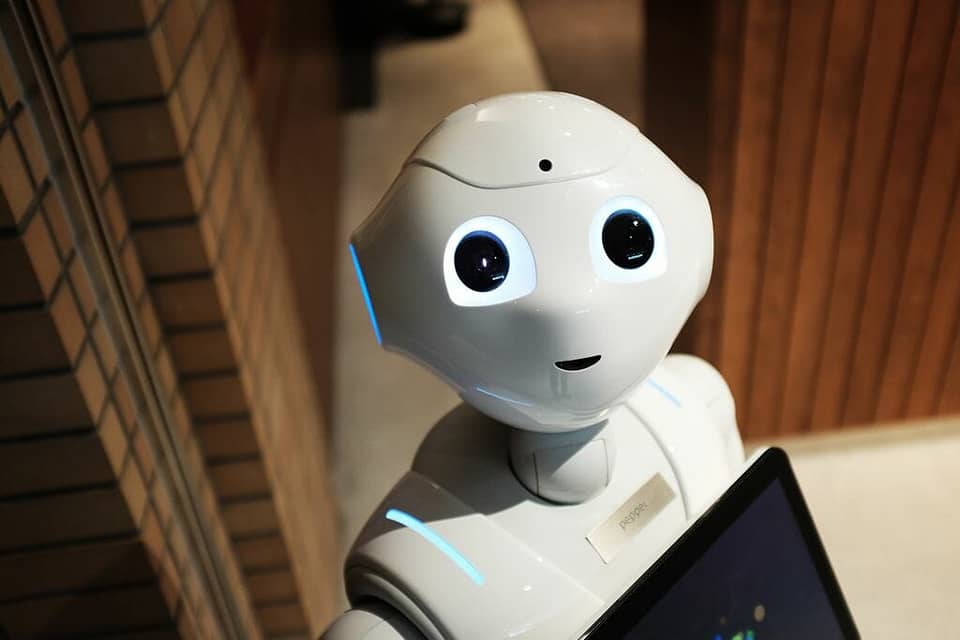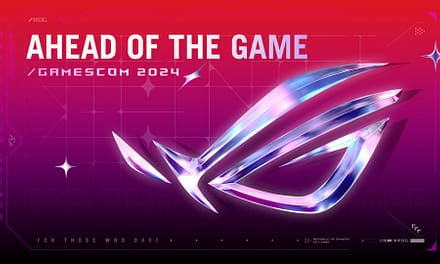Artificial Intelligence is rapidly becoming the new normal for organizations across multiple industry verticals across the globe. The rapid adoption of advanced AI technology and its applications is allowing functions like HRM or Human Resources Management to streamline different processes, boost the overall efficiencies, minimize operational costs, and improve productivity.
The integration of AI or Artificial Intelligence with HR practices has been redefining the manner in which organizations tend to engage with the respective workforce along with their capabilities to predict scenarios, analyze data, and ensure proper action. Artificial Intelligence is paving the for improved efficiencies across multiple HR processes in several ways.
The amalgamation of HR with Artificial Intelligence
Artificial Intelligence makes use of pre-programmed algorithms to ensure real-time decisions along with coherent computer-based approaches. AI serves to have a major impact on the HR department.
Organizations will experience an evolved and upgraded condition for the workers and applicants due to the amalgamation of HR with AI. In addition to this, AI with Human Resources will also contribute to promoting the value of generating better as well as instant outcomes.
Applications of AI in Human Resources
The department of HR plays a crucial role in training as well as recruitment of employees. To minimize the manual-centric burden of the workforce within the HR department, Artificial Intelligence offers a wide range of applications. Some to look out for are:
Talent Acquisition
One of the best use cases of Artificial Intelligence in Human Resources Management is the process of talent acquisition. AI helps in minimizing the overall time as well as efforts needed to span the mundane tasks while making the process of hiring new talent effective and efficient. It allows the HR teams to focus on core aspects of talent acquisition -including recruitment marketing, employee management, sourcing, and other effective areas.
To top it all, Artificial Intelligence in HR helps in building an effective and predictive recruitment process by bringing forth intelligence towards examining the job fitment of the particular candidate as well as skill mapping. The application of the high-end technology in talent acquisition predicts trends in the respective offer-to-join ratio while maintaining in-depth candidate databases across different dimensions of the entire recruitment process. This helps in ensuring faster and improved decision-making.
Recruit Onboarding
AI helps in building an effective onboarding management mechanism in addition to developing prediction across the engagement of prospective hire with the new company. AI-enabled chatbots are capable of ensuring relevant conversations with new potential hires. At the same time, AI helps in making the conversation more meaningful by utilizing intelligence and developing on the overall understanding obtained through multiple chats.
Due to this, the HR team is able to save ample time while building a data-centric onboarding module. Some of the core engagements that can be promoted with the existing parameter are:
- Explaining job profiles, company benefits, and duties
- Providing important information like company policies, details of different job profiles, team members, and so more to new recruits
- Introducing newly-hired recruits to the company regulations and information on the first working day
- Answering FAQs by new recruits
- Obtaining important contact information of relevant individuals within the organization
- Verifying legal documents
Learning & Development Programs
Various learning & development departments that make use of Artificial Intelligence will only increase significantly over the period of upcoming years. The HR department is expected to create adaptable as well as agile learning programs that are capable of meeting individual requirements of employees. Additionally, learning & development programs can make use of in-depth data & analytics to reveal the impact on the entire organization.
Some of the ways in which HR continues adopting the data-first mindset in framing the overall employee experience through the adoption of AI are:
- Assigning stretch assignments along with cross-functional projects depending on employee skill sets
- Personalizing the overall learning journey depending on the respective job role, developmental plans, existing skill sets, and future goals while proactively addressing any skill gaps that are existent
- Matching recommendations and content depending on relevancy
- Responding in real-time to FAQs through chatbots accessible to all the employees to input questions and get access to instant automated responses
Existing Employee Engagement with AI-powered Chatbots
Employee engagement is a core area for measuring and analyzing employee sentiments on a daily basis. AI-centric chatbots are capable of empowering both the HR professionals and employees to ensure that the conversations are engaging at regular intervals.
The chatbots are helpful in offering a human-like, natural, and always-on communication tool for engaging the users in personalized conversations. The conversations are effectively analyzed as well as utilized towards addressing the particular needs, wants, and concerns of the employees. The action that takes place after the conversation is equally important for receiving feedback. AI-powered chatbots enable HR managers to get an understanding of the sentiment. This allows them to address prospective roadblocks through relevant actions while allowing the employees to know that their concerns also matter.
This helps in boosting the overall employee engagement and minimizing churn.
Directorial Tasks
AI is capable of pre-programming recurring administrative and directorial tasks. It helps in evolving the HR strategy while managing employees, analyzing company policies, and answering general queries.
Conclusion
As Artificial Intelligence continues playing a crucial role in the future, organizations should look forward to capitalizing on major technological advancements towards encouraging an innovative and holistic vision of the functions of Human Resources. While there cannot be a typical one-size-fits-all approach towards successfully managing the change, companies out there should partner with HR departments to execute the implementation of AI in order to meet the ever-changing expectations of HR teams throughout the world.













